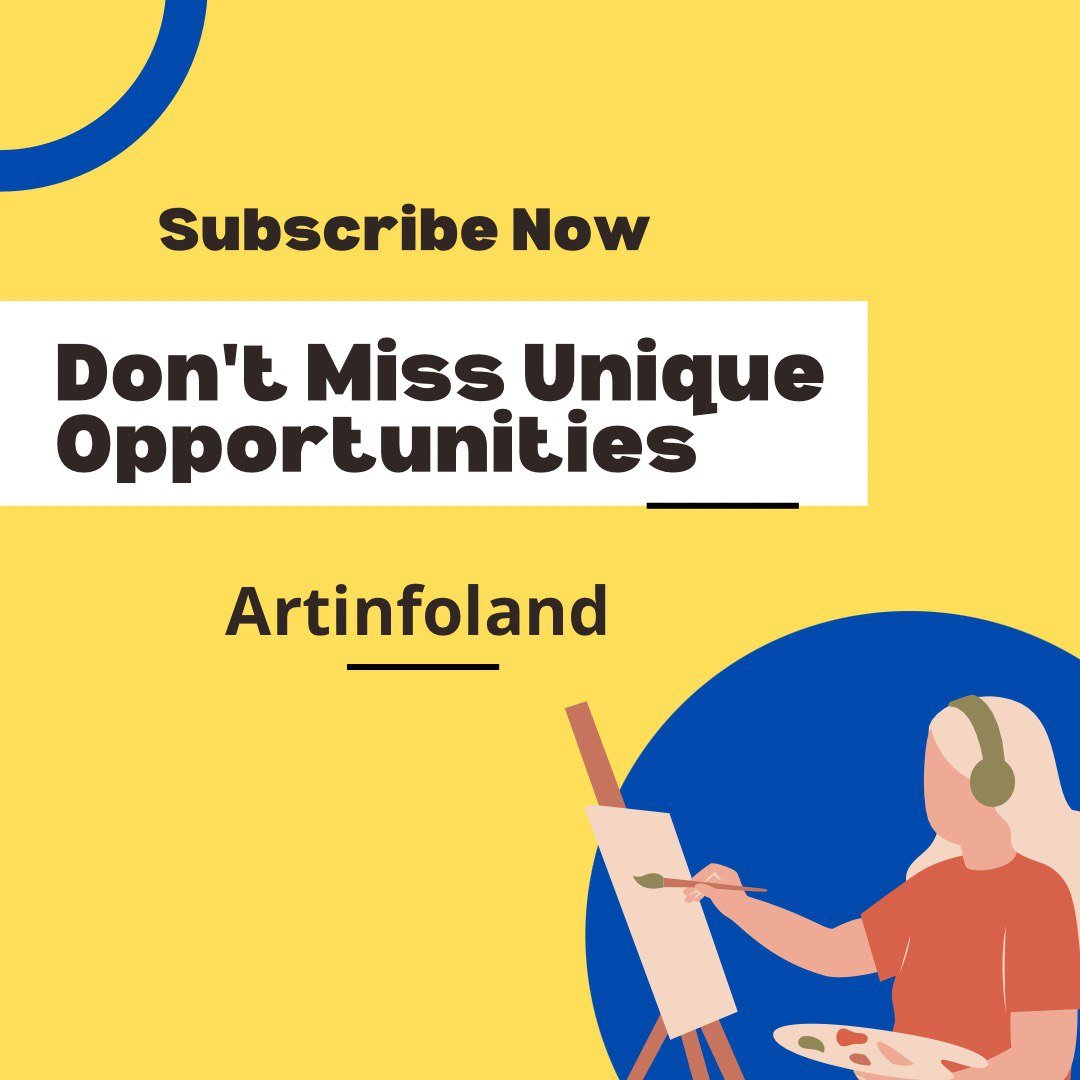Short Description
Authority is not merely a form of institutional or legal power; it also manifests as a multilayered structure of control operating within our everyday thoughts, language, memory, relationships, bodies, and modes of representation. According to Weber, authority is a legitimate form of power, with its legitimacy sometimes grounded in tradition, sometimes in charismatic figures, and at other times in rational-legal structures. Yet, by its very nature, authority has always been subject to debate – regarding how its legitimacy is established, whom it serves, and whom it excludes. Besides, for Foucault, authority does not stem from a central structure but emerges through discourses and practices. It is a technology of power that produces subjects, shaping individuals rather than merely repressing them. In this sense, authority must be understood not only as a force that dominates, but also as a mechanism that constitutes subjectivity.
Authority operates not only within top-down hierarchies but also in horizontal relations. Parent–child dynamics in the family, teacher–student relationships in schools, group norms among peers, and even the influence of algorithms on social media users all demonstrate the often-implicit forms of authority at work. Judith Butler’s analysis of the performative nature of gender exposes how authority shapes social roles: Deviation from norms is not only punished but also rendered invisible, excluded, or silenced.
Art and media are key fields where authority is both reproduced and critically examined. Visual representation is a powerful tool of discourse – and thus, a potent vehicle of authority. Yet it is also reversible, breakable, subvertible. Walter Benjamin’s concept of politicized art offers a crucial framework here: The relationship between the aesthetic and the political opens up possibilities for analyzing or resisting authority. Importantly, resistance is not limited to opposition; understanding how authority constructs itself and through which mechanisms it operates is also a form of intervention.
Eligibility
The symposium is open to academics, artists, independent researchers, and students (undergraduate or graduate) working in the aforementioned fields. The International Symposium on Short Film, Video and Photography aims to bring together academics, artists, and independent researchers engaged in theoretical and artistic production in the following fields:
- Short Film
- Video
- Photography
- Video Art
- New Media
- Digital Games
- Animation
- Documentary
- VR (Virtual Reality)
- New Media Documentary
- Non-Narrative Film
- Medium-Length Film
- Experimental Film
The symposium will be held this year on October 24–25–26, 2025, at Kadıköy Barış Manço Cultural Center. The event is planned to take place over three full days.
How to Apply
Online Application
Entry Fee
For Undergraduate, Graduate and Doctoral Students who are not employed by an Institution: Free of Charge
For Employees Affiliated to an Institution: 750 TL
For Abstracts with Two Authors: 800 TL
Location
Turkey
Timeline
- Application Deadline: 1 September 2025
